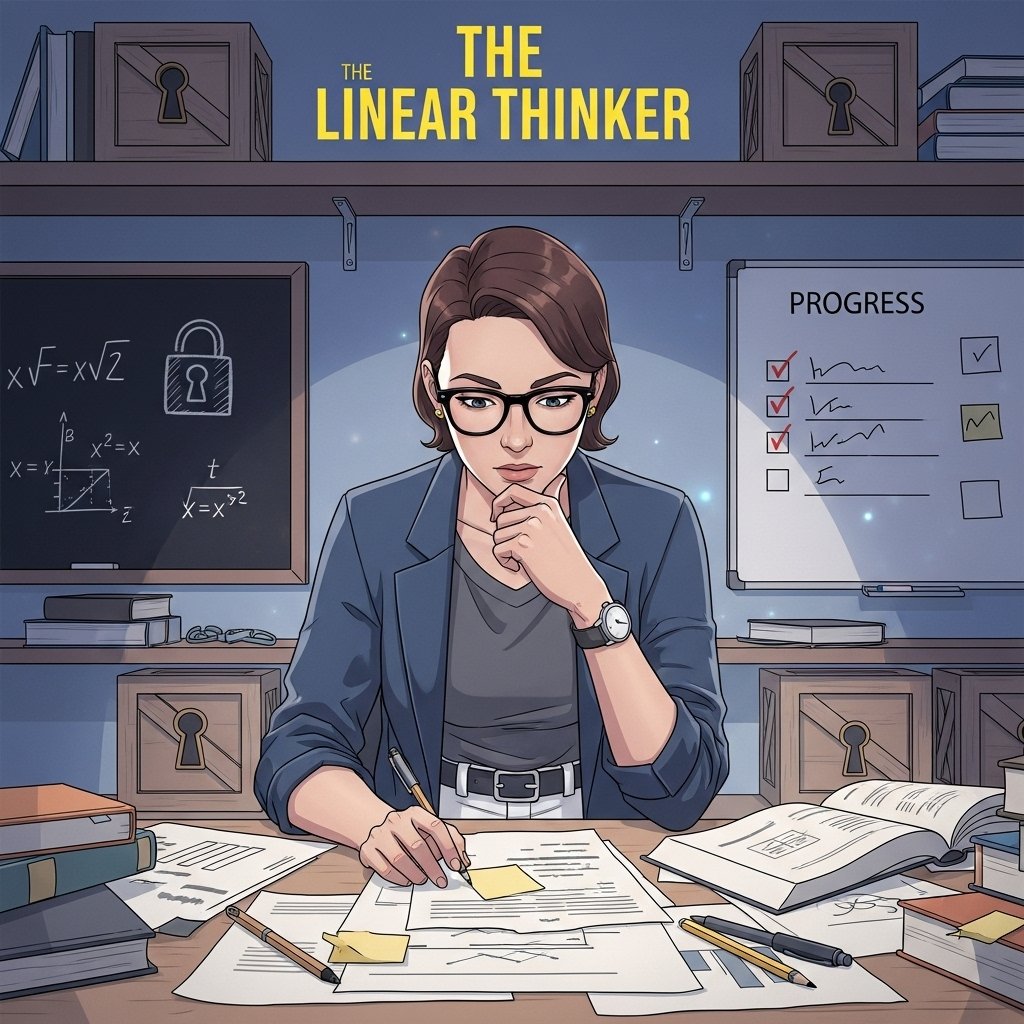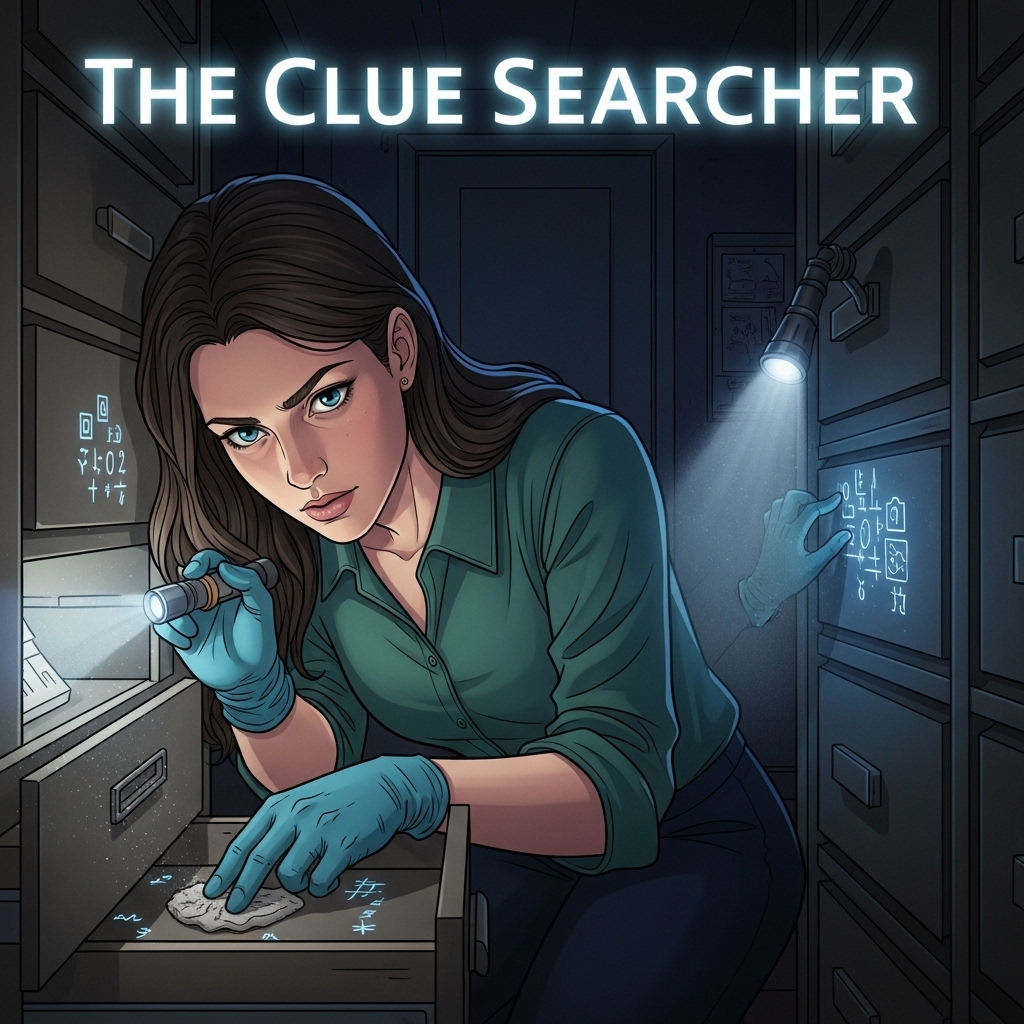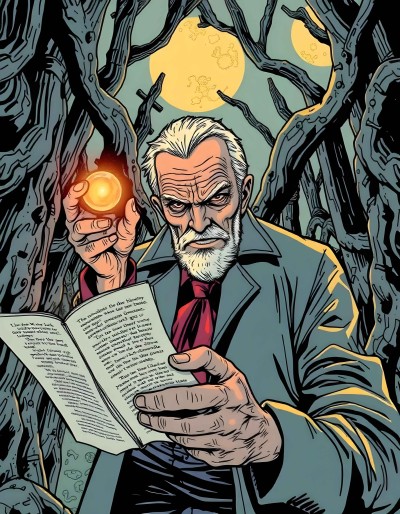Escape rooms are a unique blend of high energy, fast-paced problem-solving, and intense teamwork. They push participants to balance creativity, speed, collaboration 🧩 🤝, and focus in order to solve puzzles before the clock runs out. Amid the excitement, it is easy for chaos to take over people rush into decisions, overlook crucial details, or chase red herrings without a clear plan. In this environment ⏱ ️ 🚪, the Thinker the Logical Deliberator emerges as one of the most important stabilizing forces on any escape room team. Their calm, rational, and analytical nature transforms the collective effort from hurried guesswork into deliberate, strategic problem-solving ⏱ ️.
At their core, Thinkers excel at slowing down the chaos. While others may be swept up by adrenaline 🛑 🧠, the Thinker brings clarity by asking: Does this make sense? Is this the right step to take? What patterns are we missing? In doing so, they prevent the team from wasting valuable time on hasty decisions or impulsive actions. Their ability to pause, evaluate, and guide discussions ensures that every action is backed by logic and reason, not just urgency. This presence of mind is particularly crucial in escape rooms, where the smallest mistake overlooking a key clue, trying the wrong combination, or misinterpreting instructions can cost the team precious minutes ⏳ 🚫.
The Thinker’s value lies not only in their caution but also in their ability to analyze complex problems with a clear head. Escape rooms thrive on puzzles designed to confuse, misdirect, or overwhelm players 🌀 🔐. The Thinker approaches these puzzles with methodical precision. Instead of diving in blindly, they break down challenges into smaller, manageable steps, identifying logical sequences and testing solutions systematically 🔣 🧠. Their analytical nature allows them to see patterns others miss whether in a coded message, a series of numbers, or a sequence of visual clues. This skill often becomes the key to unlocking breakthroughs that might otherwise remain hidden in plain sight 🗝 ️ ✨.
Yet the Thinker is not simply a problem-solver; they are also a collaborator. Their presence on the team encourages thoughtful discussion and critical thinking 🏃♂ ️ 🎨. By asking clarifying questions and carefully considering different perspectives, they create space for diverse ideas to be tested and refined. This collaborative approach not only enhances the quality of decisions but also ensures that the team feels united and heard. Whereas other personas might lean heavily into competition, speed, or creativity, the Thinker provides balance, reminding the group that success comes from combining innovation with reason 💬 🧩.
Another defining strength of the Thinker is their composure under pressure. Escape rooms are designed to generate tension the ticking clock, the locked doors ⚖ ️ 💡, the puzzles that refuse to yield their secrets. In these moments, stress can cause panic, leading players to overlook obvious solutions or repeat ineffective strategies. The Thinker, however, remains steady. Their calm presence diffuses anxiety and reassures teammates that progress is still possible. By keeping emotions in check, they help the group conserve energy, avoid rash mistakes, and sustain focus until the very end 🕰 ️ 🚪.













